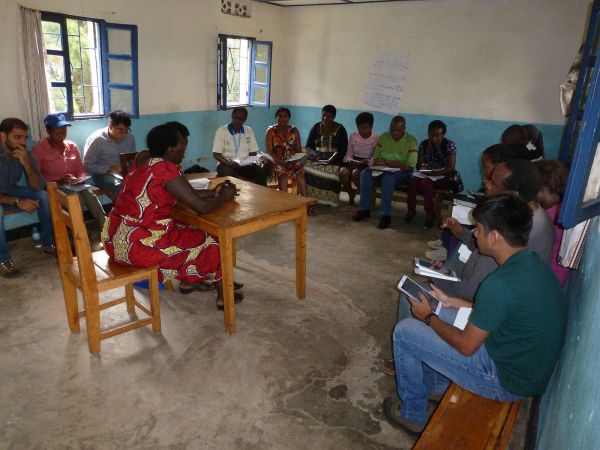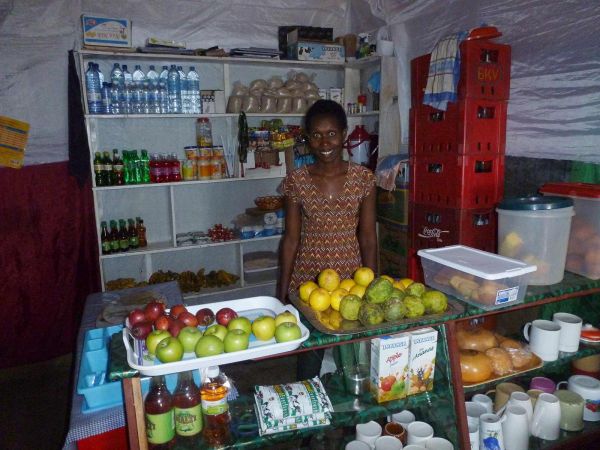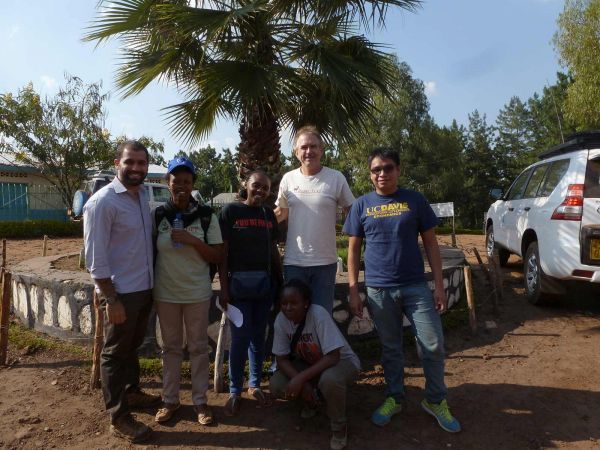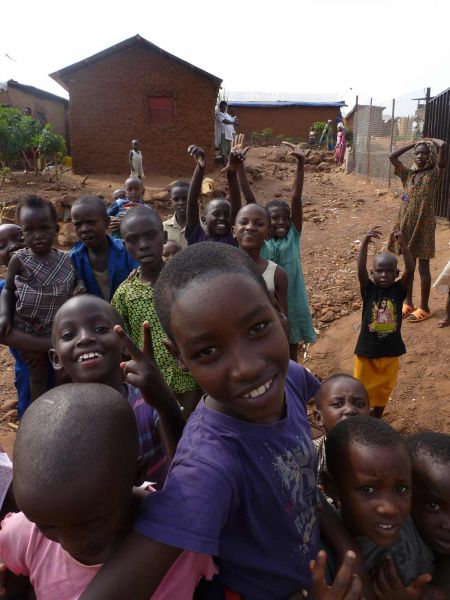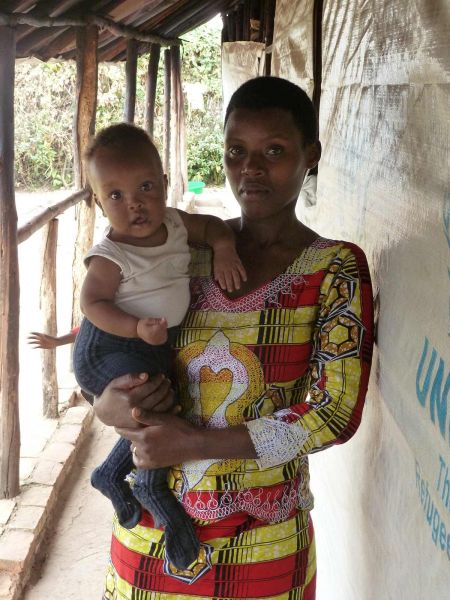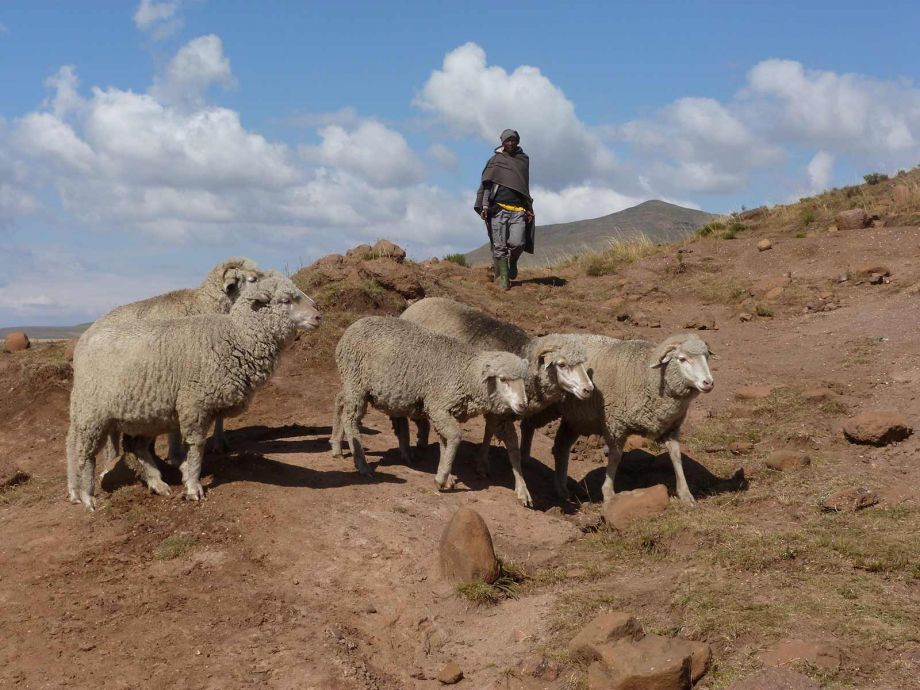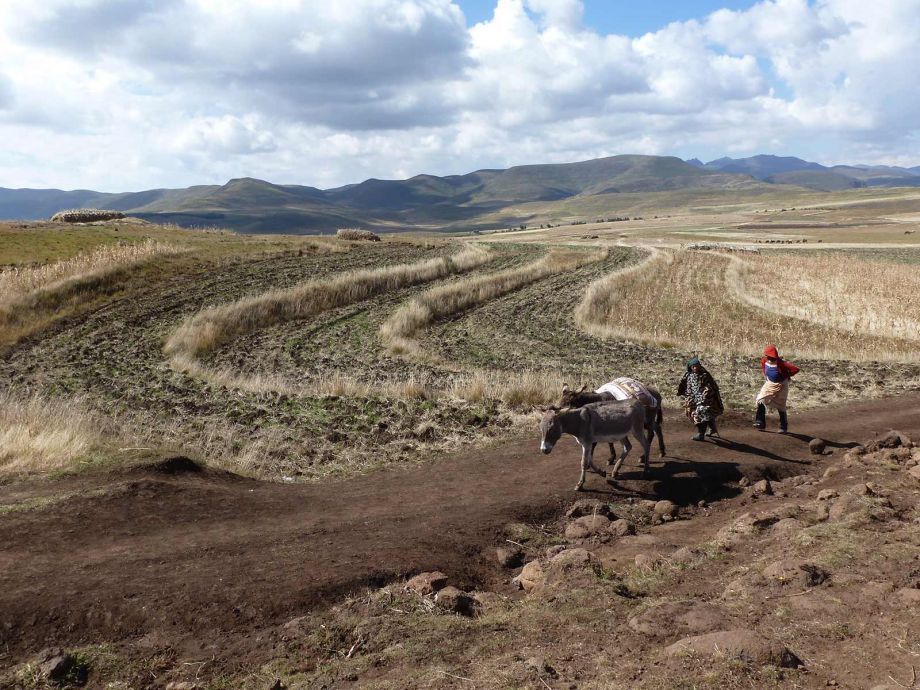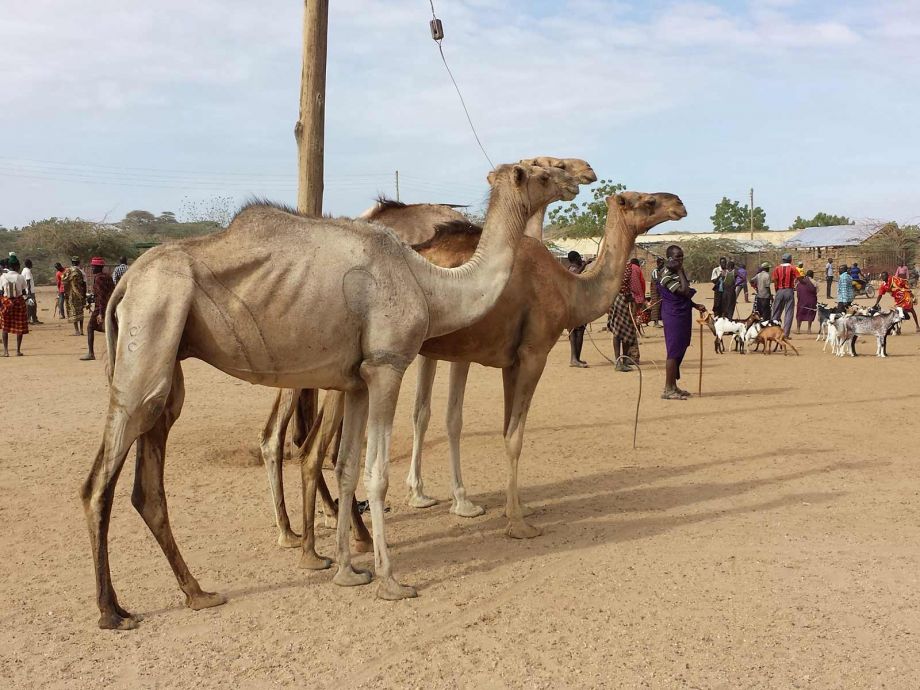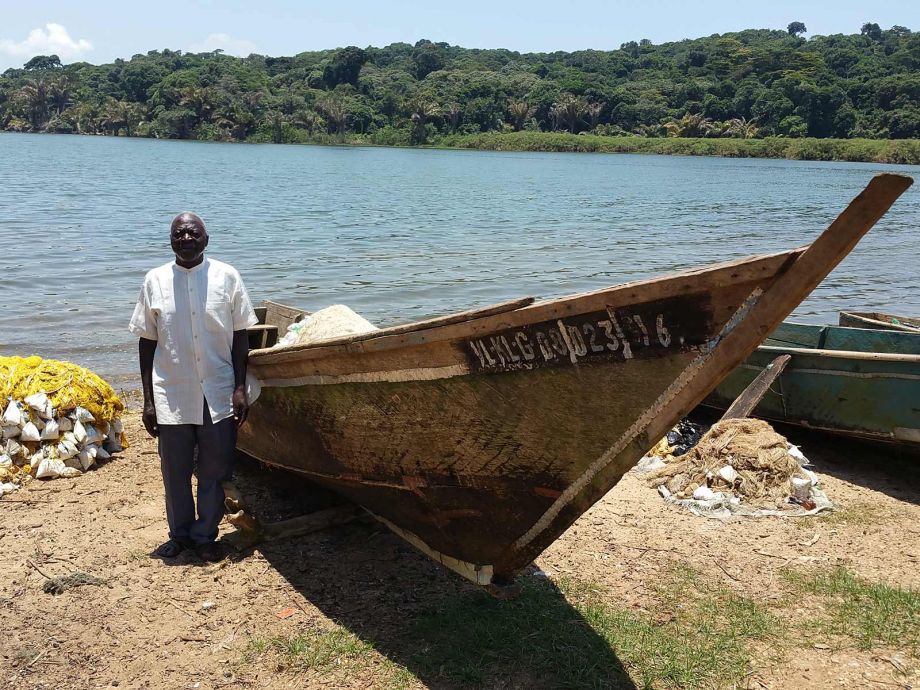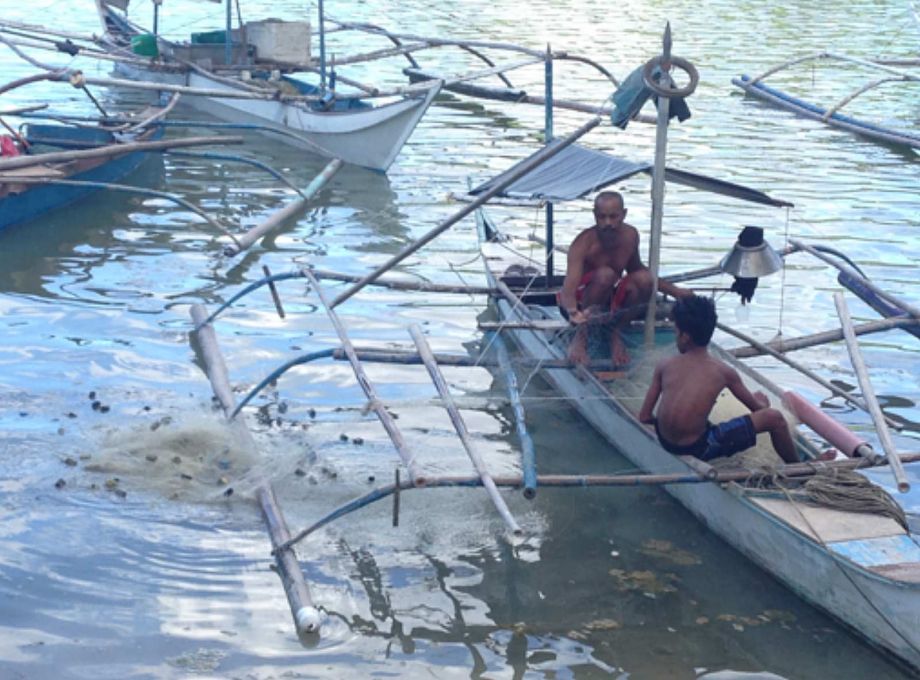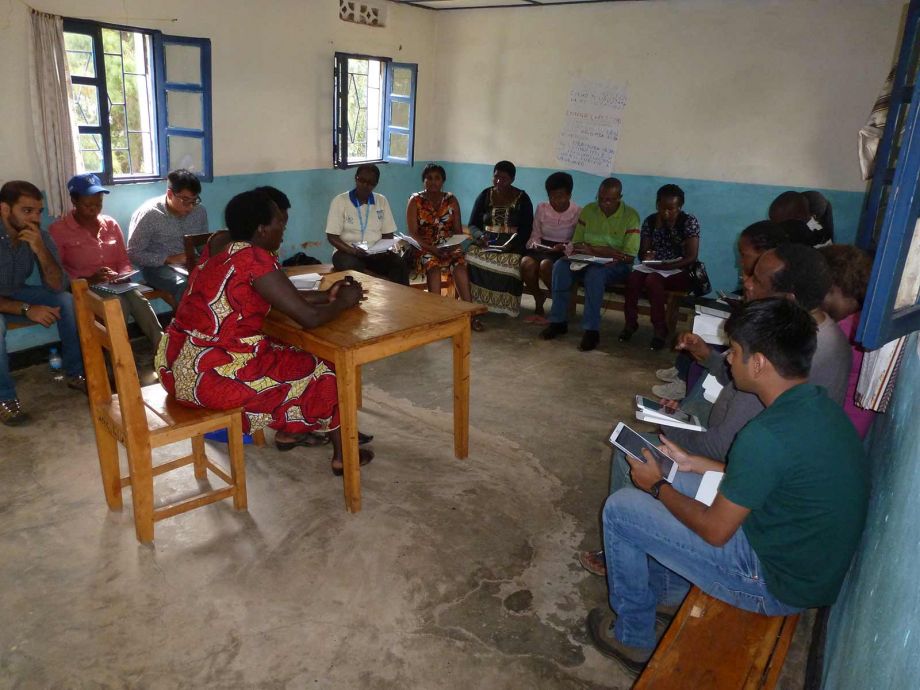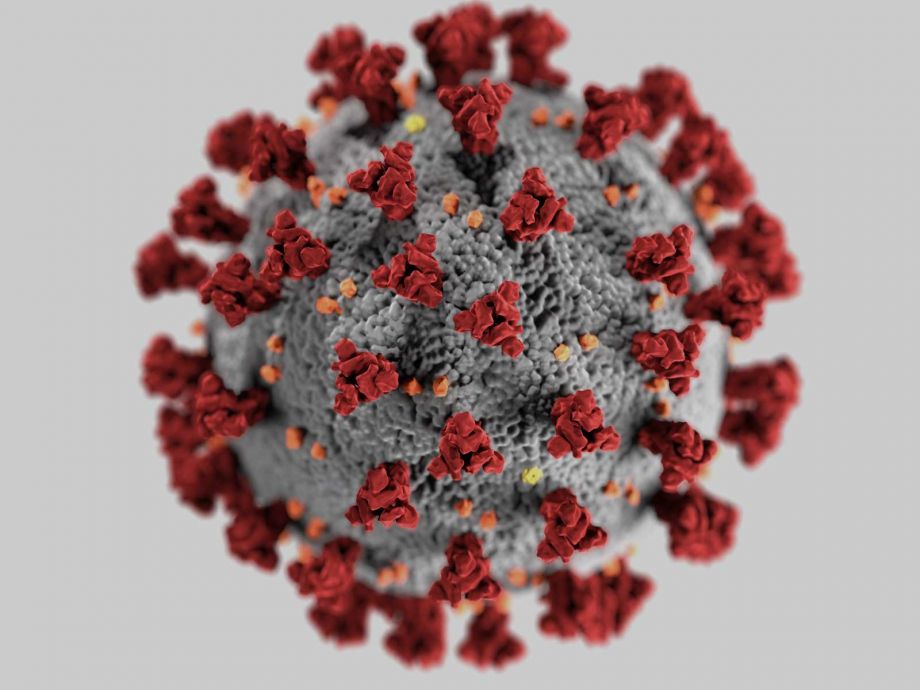Economic impacts of refugees on host-country economies
...
We developed a method to measure total economic impacts of refugees and refugee assistance within a 15-kilometer radius of refugee camps in Rwanda and Uganda.
Funding Agency: United Nations World Food Program (WFP)
Objective: To assess the impacts of cash and voucher food assistance programs on the welfare of refugees and the host-country economies surrounding refugee camps.
Methods: Quasi-experiments, local economy-wide impact evaluation, Monte Carlo methods.
Approach: We surveyed a random sample of refugee households and businesses inside three Congolese refugee camps in Rwanda, as well as a random sample of host-country households out to a 10 kilometer radius around each camp. We used these data to econometrically estimate the parameters of a local economy-wide impact evaluation (LEWIE) model for each camp. The model was used to measure total economic impacts of refugees and refugee assistance, including the indirect spillovers they generate. Monte Carlo methods make it possible to construct confidence bounds around simulation results. We also used quasi-experimental methods to assess impacts of cash vs. in-kind food assistance and giving land to refugees.
Key findings: Receiving food assistance in the form of cash on cell phones improves refugee welfare and stimulates local incomes by more than the cost of this assistance. In-kind food assistance creates smaller benefits and competes with local crop production. Providing refugees with plots of land benefits both refugees and local economies in and around refugee settlements.
Findings appear in:
The American Journal of Agricultural Economics 2023
Proceedings of the National Academy of Sciences (PNAS) 2016
Harvard Business Review 2017
World Development 2017
The WFP funded a second study to examine impacts of refugee assistance on local economies around two settlements in Uganda—including the impacts of the Uganda government’s policy of giving land to refugees. Findings were featured in The Economist magazine and available to download here.
